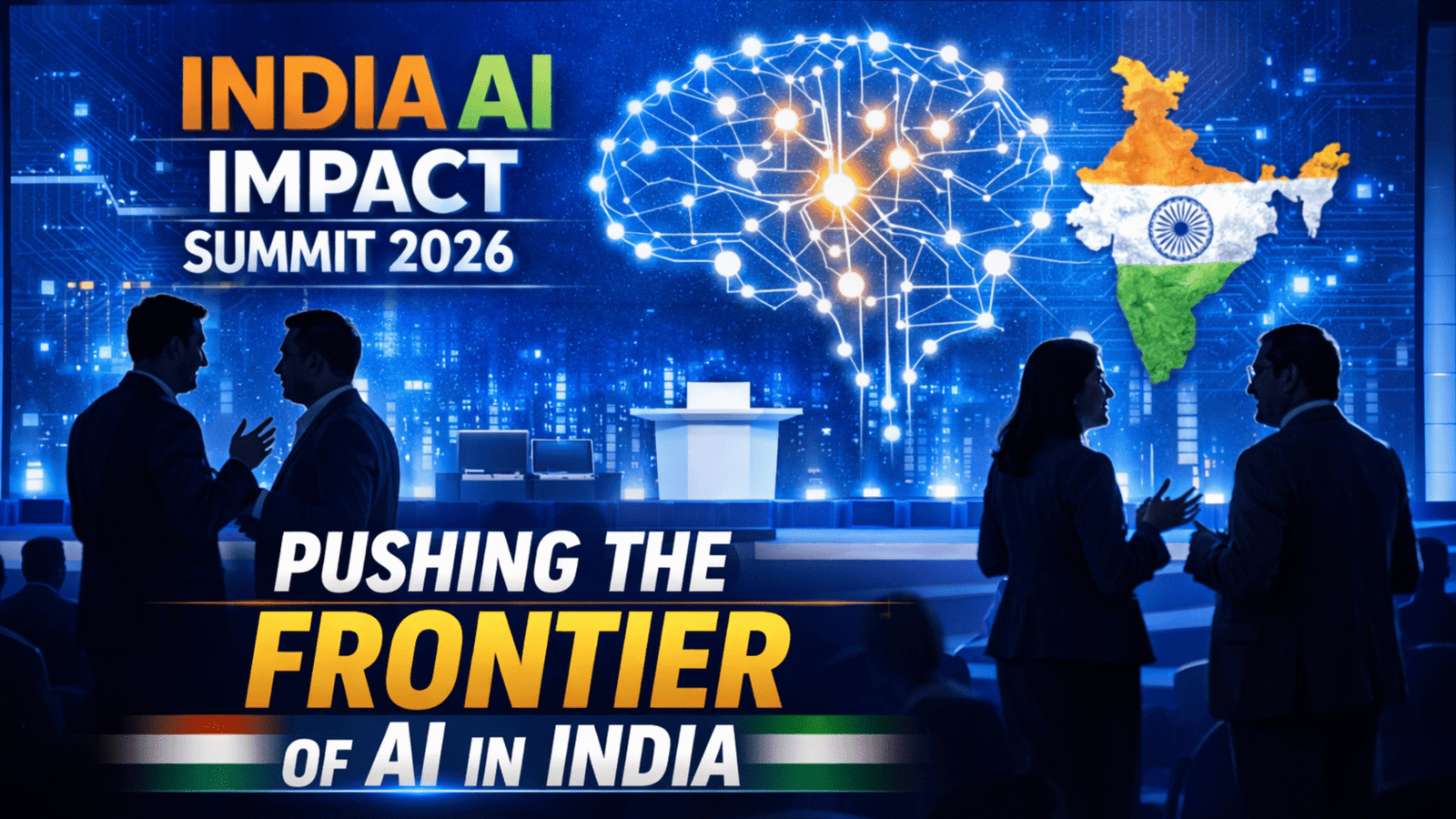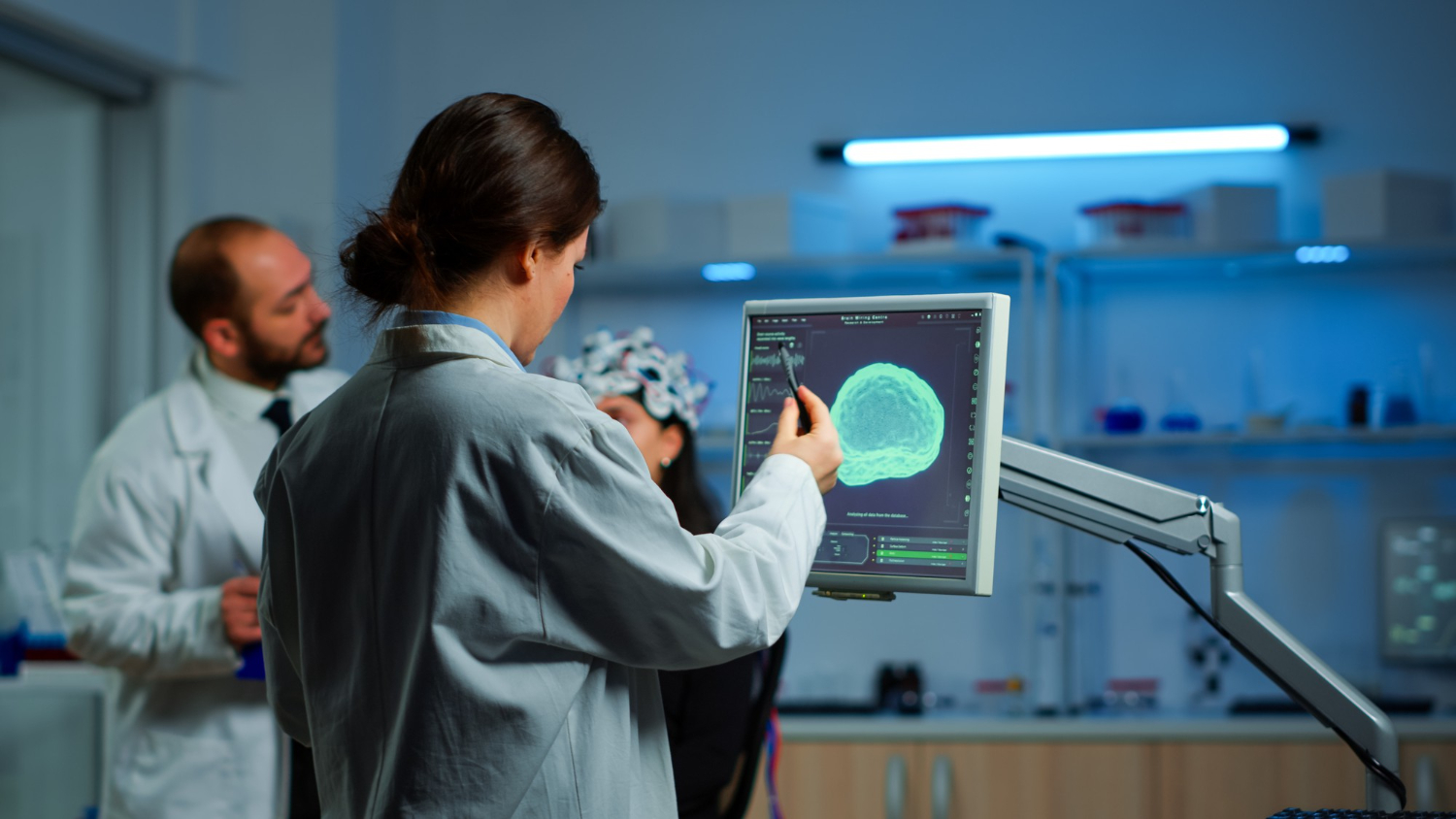The healthcare industry is being transformed by technology and artificial intelligence (AI) at an unprecedented pace. From early disease detection to robotic surgeries, AI is reshaping how care is delivered, making it faster, more accurate, and more personalized. As a result, technology and AI careers in health are becoming some of the most in-demand and impactful career paths of the 21st century.
🤖 What Is AI in Healthcare?
AI in healthcare refers to the use of algorithms, machine learning, and data analysis to assist doctors, automate processes, and enhance patient outcomes. Key areas include:
- Medical imaging analysis
- Predictive analytics for disease prevention
- Natural language processing (NLP) for health records
- Robotic surgery
- Virtual health assistants and chatbots
AI is not here to replace doctors—it’s here to support them with faster, smarter decision-making tools.
🔍 Top Careers in Health AI & Technology
The integration of AI in healthcare has opened up diverse career opportunities for both tech professionals and medical experts. Here are some top AI-driven health tech careers:
1. Health Data Scientist
- Role: Analyze large sets of health data to identify trends, predict outcomes, and support clinical decisions.
- Skills: Python, R, data mining, statistical modeling
2. AI Engineer in Healthcare
- Role: Design and deploy AI models to assist in diagnosis, treatment planning, or hospital logistics.
- Skills: Machine learning, neural networks, TensorFlow, PyTorch
3. Clinical Informatics Specialist
- Role: Bridge the gap between clinical processes and information systems.
- Skills: EMR systems, data analytics, healthcare protocols
4. Bioinformatics Analyst
- Role: Apply AI to genetic data for drug discovery and precision medicine.
- Skills: Genomics, data science, computational biology
5. Health Tech UX/UI Designer
- Role: Design user-friendly interfaces for medical software and apps.
- Skills: UX research, prototyping, accessibility standards
🎓 How to Start a Career in Health AI
Starting a career in health tech and AI requires a combination of technical education, healthcare knowledge, and hands-on experience.
Educational Background:
- Suggested degrees: Computer Science, Biomedical Engineering, Health Informatics, Data Science
- Certifications: AI in healthcare, Python for health data, HIPAA compliance
Essential Skills:
- Data analysis & visualization
- Understanding of medical terminologies
- AI frameworks (like Keras, Scikit-learn)
- Familiarity with healthcare systems and patient data privacy
Practical Steps:
- Take online courses from platforms like Coursera, edX, or FutureLearn
- Intern with health-tech startups or research labs
- Contribute to open-source medical AI projects on GitHub
📚 Recommended Resources
- AI for Healthcare Specialization – Coursera (by Stanford)
- Harvard HealthTech & Data Science
- NIH National Library of Medicine – Informatics
- World Health Organization: AI in Health
🚀 Why Choose a Career in Health AI?
Here are a few compelling reasons:
- High Demand: Healthcare AI jobs are among the fastest-growing in the tech sector.
- Meaningful Impact: Help save lives and improve patient care through innovation.
- Competitive Salaries: Health tech professionals enjoy above-average compensation.
- Global Opportunities: Health AI is a global priority with demand across countries and sectors.
According to reports from McKinsey and WHO, AI could contribute up to $100 billion annually to global healthcare through increased efficiency and better outcomes.
⚠️ Disclaimer
This article is for informational purposes only. Educational requirements, career outcomes, and technological trends may vary by region and change over time. Please consult with accredited institutions and career advisors before making career decisions.









